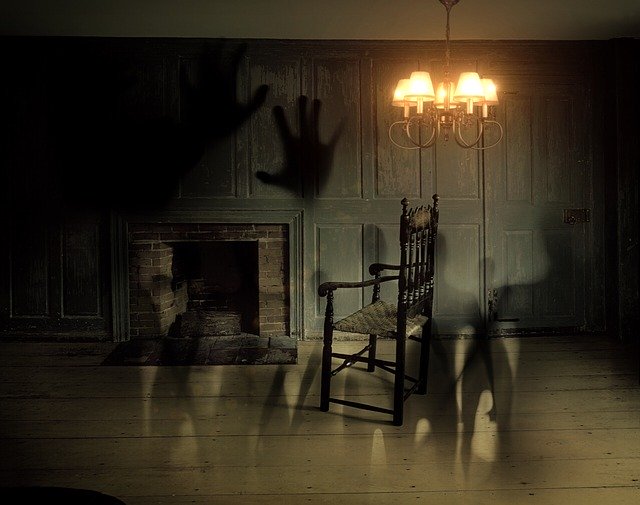What is schizophrenia?
Schizophrenia is defined as that chronic and severe mental disorder, a psychosis in which the thought processes are damaged as a result of inadequate emotional responses. Schizophrenia is also characterized by the disintegration of the personality, but also by the loss of vital contact with reality. Most cases of schizophrenia occur in adolescents or adults up to the age of 40-45. In the case of males, schizophrenia can begin near the age of 20. On the other hand, in women this disorder can start around the age of 30. In other words, schizophrenia rarely begins in children or adults over 45 years of age.
In schizophrenia, the sufferer of this mental disorder lives in a mental dissociation that is accompanied by a completely chaotic invasion of the imaginary. The consequence is represented by a series of psycho-pathological manifestations of major importance, manifestations such as delirium, hallucinations, emotional disorders, formal thinking disorders, behavioral disorders or personality disorganization.

Causes of schizophrenia and types of schizophrenia
The causes leading to schizophrenia are multiple. Among these can be mentioned causes such as genetic inheritance, consumption of psychoactive substances, chronic stress, but also malnutrition or exposure to various viruses during intrauterine life.
Schizophrenia is one of the most severe psychiatric disorders. This condition has serious repercussions both for the person suffering from this mental disorder and for the people around the patient. This severity is given by the fact that the evolution of the disease cannot be predicted, although there are a number of modern treatments that have considerably changed the prognosis regarding the social classification of schizophrenia patients.
Schizophrenia can come in several forms, as follows:
- Simple schizophrenia is characterized by inhibition, nonconformity or bizarre behaviors on the part of the person affected by this mental disorder;
- Paranoid schizophrenia has as manifestations the unspecified delirium, unusual fears grouped on different fields and subjects; these fears refer to different gestures, to the fear that thoughts can be manipulated by people around them, etc. ;
- Hebephrenia and hebephrenic catatonia is a form of schizophrenia characterized by catatonia, complemented by childish gestures and actions, by the automatic and unreasonable repetition of various words, gestures or attitudes, but also by pseudo-intellectual deficit.
Symptoms and diagnosis of schizophrenia
The most common symptoms of schizophrenia are delirium, hallucinations, disorganized thinking and speech, or abnormal motor behavior with unnecessary or bizarre movements. Delirium is based on those beliefs that have nothing to do with reality, while hallucinations are those moments when the patient sees or hears non-existent things.
Clinical evaluation is used to diagnose schizophrenia. This evaluation involves the application of psychological tests to diagnose schizophrenia. These tests include personality tests, but also tests that aim to identify the thinking and attention functions affected by schizophrenia in the patient. Different scales are used to assess schizophrenia and diagnose: PANSS (Positive and Negative Syndrome Scale), CDSS (Calgary Schizophrenia Depression Assessment Scale) and BPRS (Short Psychiatric Assessment Scale).

Treatment for schizophrenia
For the treatment of schizophrenia, psychiatric treatment based on antipsychotic medication is used, as well as psychosocial therapy that extends throughout life. Cognitive-behavioral psychotherapy is also used, this method of therapy being proven to be extremely useful to the patient diagnosed with schizophrenia in normalizing thought patterns.
In cognitive-behavioral psychotherapy, the patient learns mechanisms to reduce stress and recognize on their own the signs of a schizophrenia crisis so as to seek immediate help. For the treatment of schizophrenia, a multidisciplinary team formed by a psychiatrist, a psychologist with skills in psychosis therapy and a social worker is needed. In addition, we are talking about family support that is vital for the patient diagnosed with schizophrenia, and the patient needs to feel unconditional love and support.
